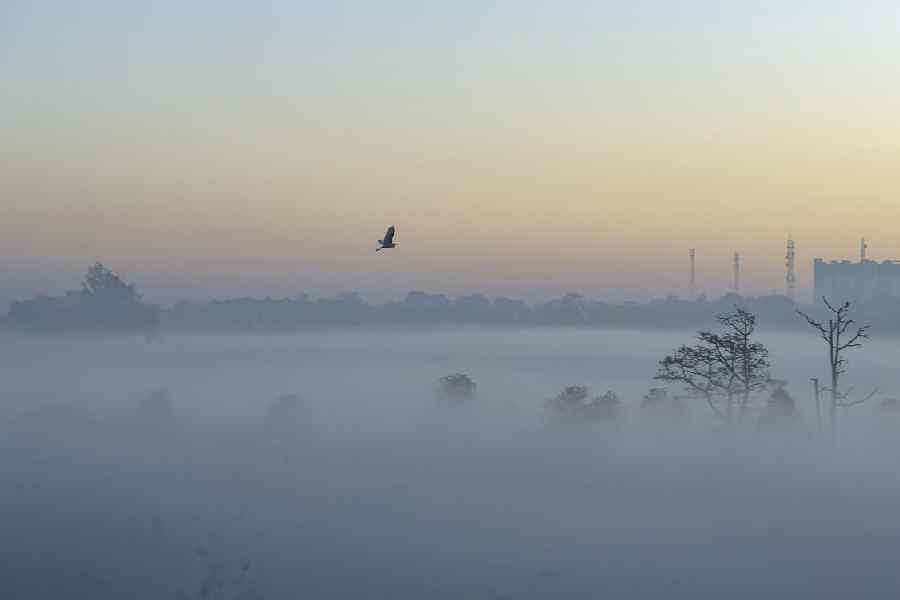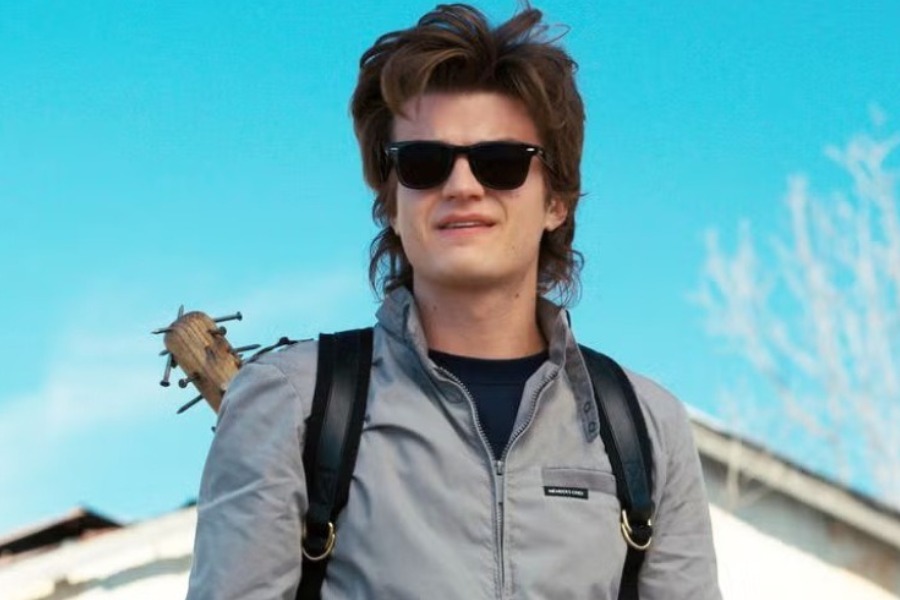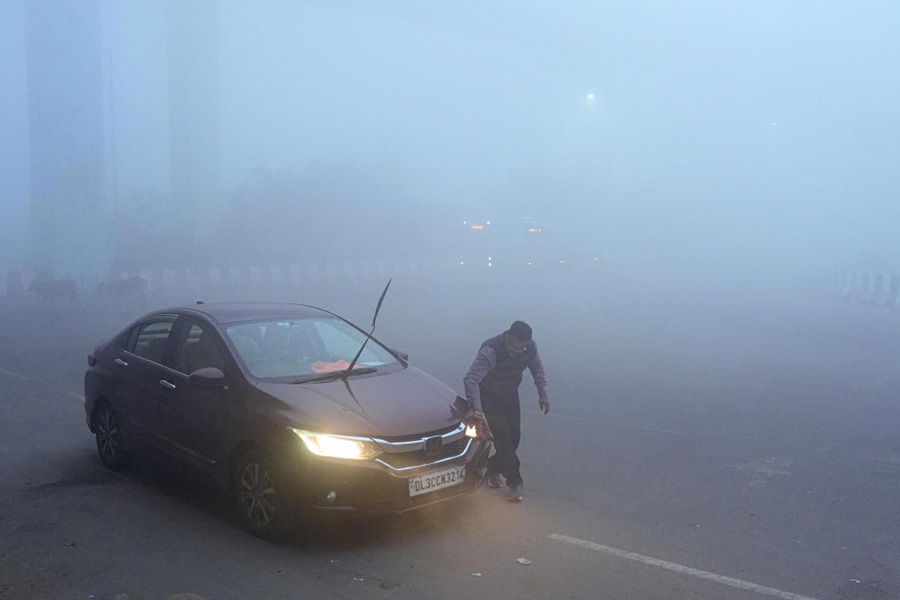Did you know that Dalhousie Institute (DI) is the only social club in the city to officially allow tipping? That Hindustan Club has the highest entrance fee (Rs 3.5 lakh), or Tollygunge Club the largest workforce (nearly 370, compared with CC&FC’s 53)? That Saturday Club and Calcutta Club have their own bakeries? Or for that matter, the city’s youngest club, Space Circle, offers the maximum facilities?
An informal survey initiated by DI to “provide an insight into other clubs, draw observations and show the way forward” has thrown up interesting nuggets, which could be meaningfully harnessed. “The purpose of the exercise is to share relevant information with all the club managements, to understand the category we are serving and work on the grey areas together,” explains DI president Derek O’Brien.
Most in the club circuit top brass hail the effort as an out-of-the-box “constructive exercise” that could go a long way in fostering regular dialogue among the institutions outside the ambit of the traditional presidents’ meet and better cooperation on the ground.
The study of the social clubs has been conducted through a method of informal discussions, printed annual reports, websites and other printed collateral. The clubs included in the survey are Tollygunge Club, Saturday Club, CC&FC, Space Circle, Hindustan Club, Punjab Club, Calcutta Rowing Club and Calcutta Club.
Some of the parameters identified were tipping policy, minimum billing system, membership strength, financial indicators (including both sources and application of funds), manpower cost, new membership policy, existing and forthcoming facilities.
While the review confirmed what is an open secret now — that most clubs run at an operational loss due to unwieldy overheads — it also revealed stray happy tidings like Tolly having “reserves and surplus of almost Rs 18 crore”, or Hindustan Club being the “richest” in town.
K.B. Menon, chief executive and managing member, Tollygunge Club Ltd, sees intrinsic value in the survey: “We have furnished all details they sought. I would be extremely interested to look at all the data assembled, vis-à-vis the parameters picked.”
“This could be an extremely useful document to initiate frequent and multi-level exchanges, which is vital since a lot of the problems are shared. Each club has its own culture and this experience-sharing exercise can only benefit all,' observes M.J. Robertson, CEO, Space Circle.
The DI management will send out the survey findings to the respective club presidents, before inviting them over for a chat to explore possibilities of some serious hand-holding. “The review was designed to throw light on the clubs’ policies and operational issues,” stresses Gordon de Silva, DI’s business manager, who anchored the survey.
As far as facilities go, Space Circle comes out tops, with rock-climbing, bowling, rifle-shooting, air-conditioned indoor playing arena and temperature-controlled swimming pool. As for future plans, DI is poised for a major leap with a multi-crore sports complex.











